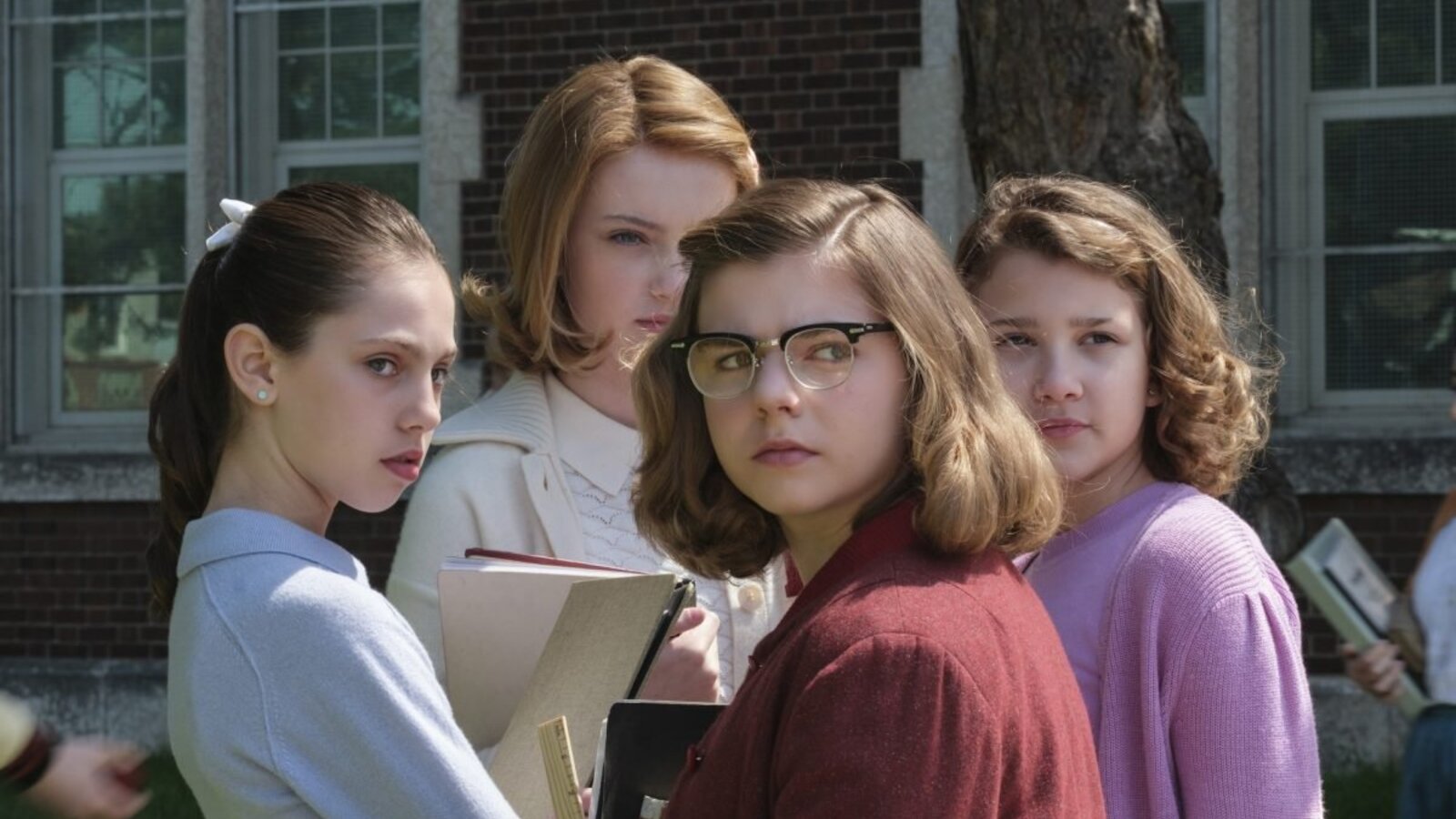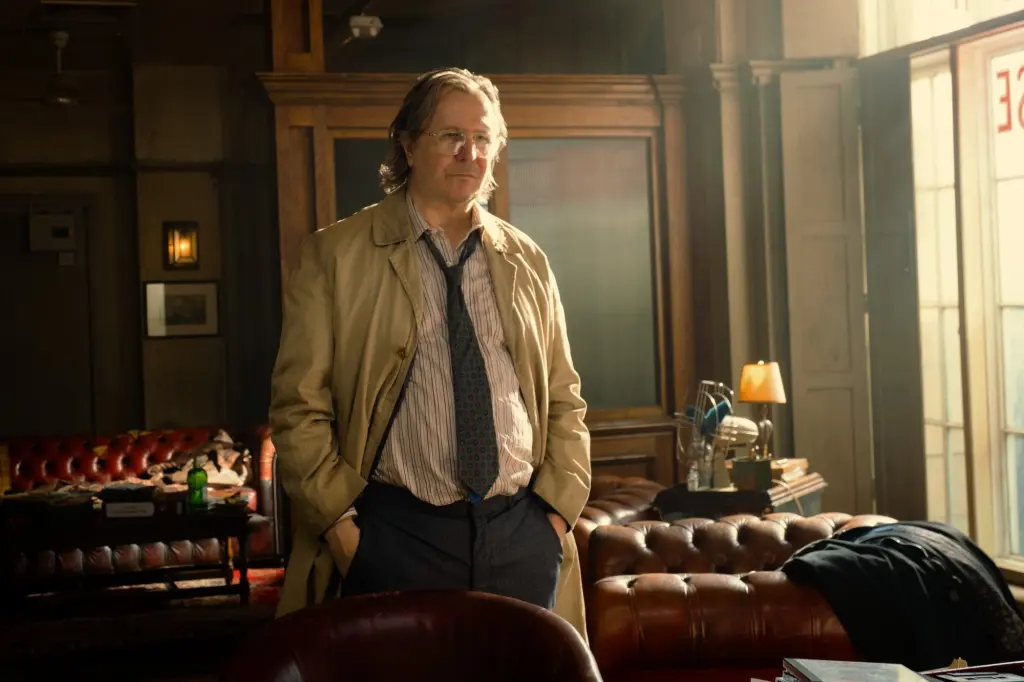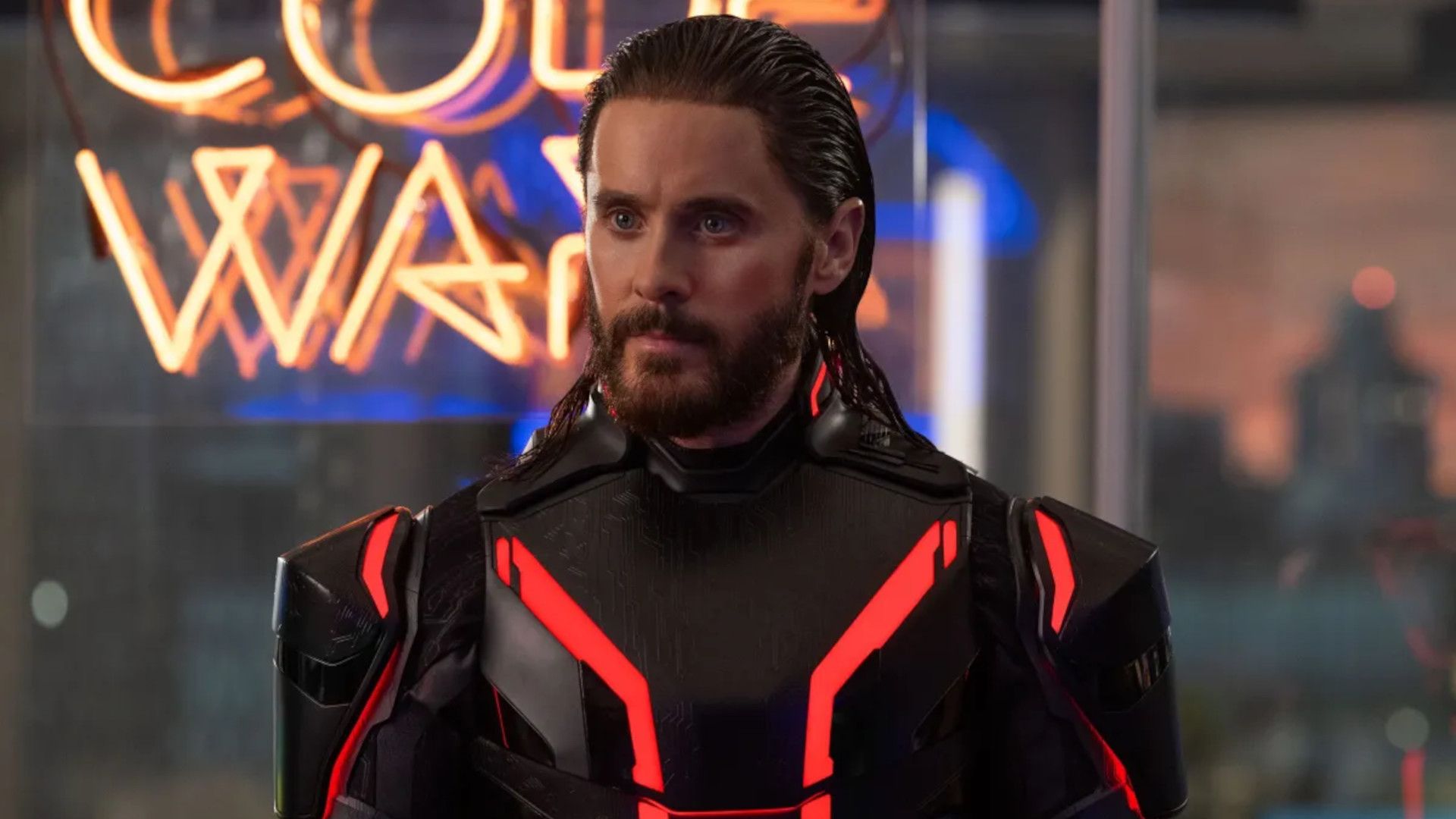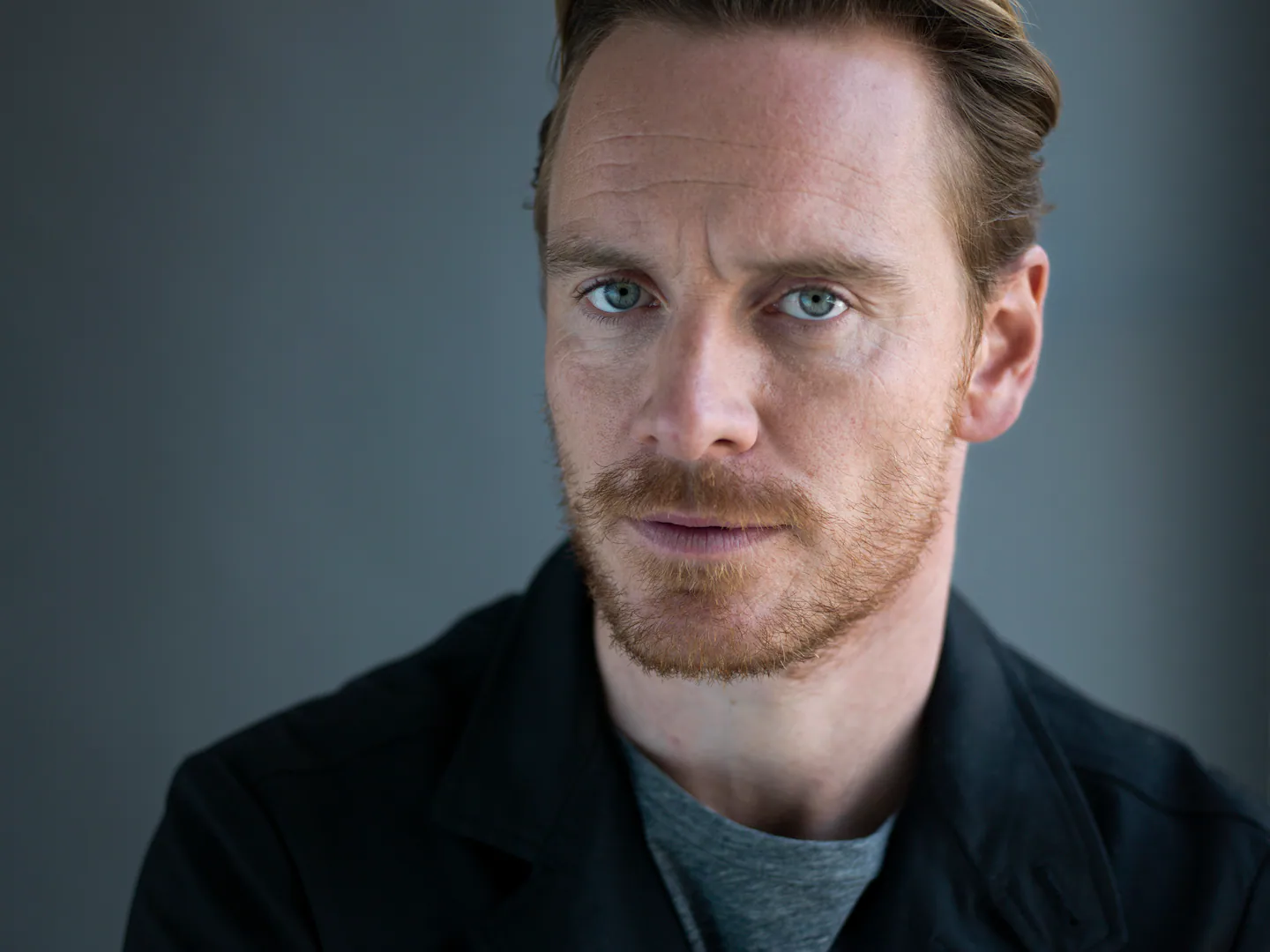Copyright Yardbarker

Welcome to Derry is digging into the origin story of Pennywise and this town in a way we’ve never really seen on TV before. Tell me how you struck the balance between honoring Pennywise’s novel origins while also bringing something fresh to the table for the series. Jason Fuchs: We’re Stephen King mega fans and IT super fans! We both read the book at a young age and love the movies that Andy and Barbara [Muschetti] created. So the goal was that we never want to be in conflict with the source material. So we’ll invent, we’ll extrapolate, but we’re very careful not to do anything that explicitly goes in the face of anything that’s canon. So with that as a North Star, we’re also trying to do something that just feels, for lack of a better term, “IT’ty.” We are trying to find something that feels thematically like it’s a natural organic extrapolation of the work that Stephen King has done and the work that Andy and Barbara have done. So in trying to build out his origin story, you almost become a little bit like Mike Hanlon himself, right? You’re detectives piecing together the history of Derry like Mike does, and you’re trying to find these nuggets buried in the text of the original book… Yes, there are so many questions that you can explore… Fuchs: We want to know why IT is the way IT is. Why is IT obsessed with this Pennywise man? Of all the things you could become—and it can become anything—why Pennywise? And this series gave us an opportunity to explore that and explore it in a way that I think is really exciting, particularly because of Bill [Skarsgård]. Bill obviously created this iconic performance, but he takes it to a place that is totally unexpected in exploring the humanity of Pennywise. So I’m excited for fans and audiences to experience that. Brad Caleb Kane: And the fact is, there are already two movies where we’ve seen Bill be Pennywise and do the scary Pennywise stuff, and he’s brilliant in them. But he himself needed something fresh in the character to come back to and to play. So a lot of the work was in figuring out how we could lure him back with a fresh perspective into Pennywise’s character, into the entity’s character. And the nice part of long form storytelling is that we’re able to make the scares more personal because we’re able to develop the characters that these scares happen to even more. So that’s always good for scaring the hell out of the viewer. Develop the character, get you hooked on the character, and make those scares personal to the character. And then you fear for them. That’s what we want to do. You can tell that you both are such big fans of Stephen King and of this universe at large. You definitely see where it’s intertwining with including Dick Hallorann as well as a couple of very forward Easter eggs, some of which we see in the trailer, like the bus going to Shawshank Redemption. Can you talk more about some other connections that may not be obvious to the viewer and why it felt right to include all these different elements in this narrative? Kane: The one thing that I’ll say that will not be obvious to the viewer, at least initially, is that not every character that you meet in the first half of the season is who they seem. Make of that what you will. The fun of a show like this is not just the scares and blending supernatural horrors with real life horrors of the time period, but it’s also in the spirit of keeping the audience off balance. It’s also maintaining certain characters throughout and making you think that they are benign and then showing that they’re not benign at all. They are actually in many ways puppet masters for the whole proceedings. So I will not say anymore. I don’t want to ruin it for the viewers, but nothing is as it seems in Derry… Oooh interesting. Now this series takes place in 1962, and quite a few of its main characters are Black as well as Native American. So you do get that undercurrent of different racial tensions as well as using certain characters like Dick and Leroy Hanlon as pawns in a sense. How did you manage to explore those very real world elements of that time period in a way that doesn’t overpower the horror and entertainment factor? Fuchs: Welcome to Derry is really a microcosm of America in a big way and the story of America is the story of, I think, the Black experience and racism and how that’s changed over time. I just think that’s inherent to it. And you can’t tell the story of a microcosm of America without that element front and center in a lot of ways. And honestly, the themes of Stephen King’s book IT are fear and division, and racism plays a big part of it. There are interstitials within the book that are really horrific racial supremacist happenings that are absolutely awful. Those actually come to play in the story as well. I hope we depict them delicately, but with a sense of reality and for the purpose of character growth in a way. But you can’t go to ‘62 without looking at a time that was idealized in America and pulling back the mask and showing the rot that was actually underneath.



